People
THE 2021-2022 FELLOWS
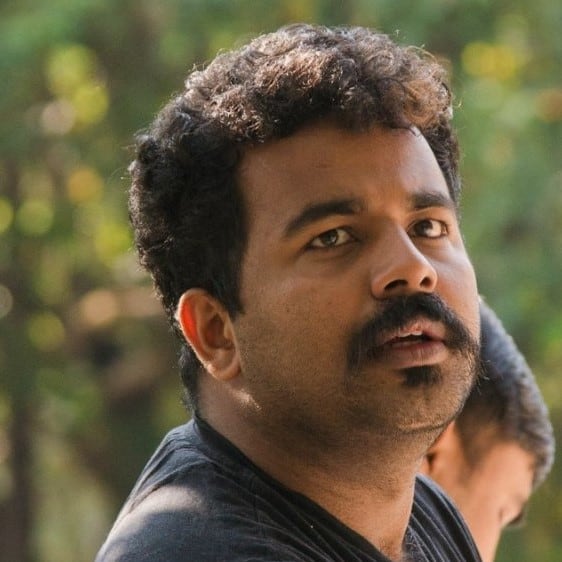
Abdul Khalif
Mangalore, Karnataka
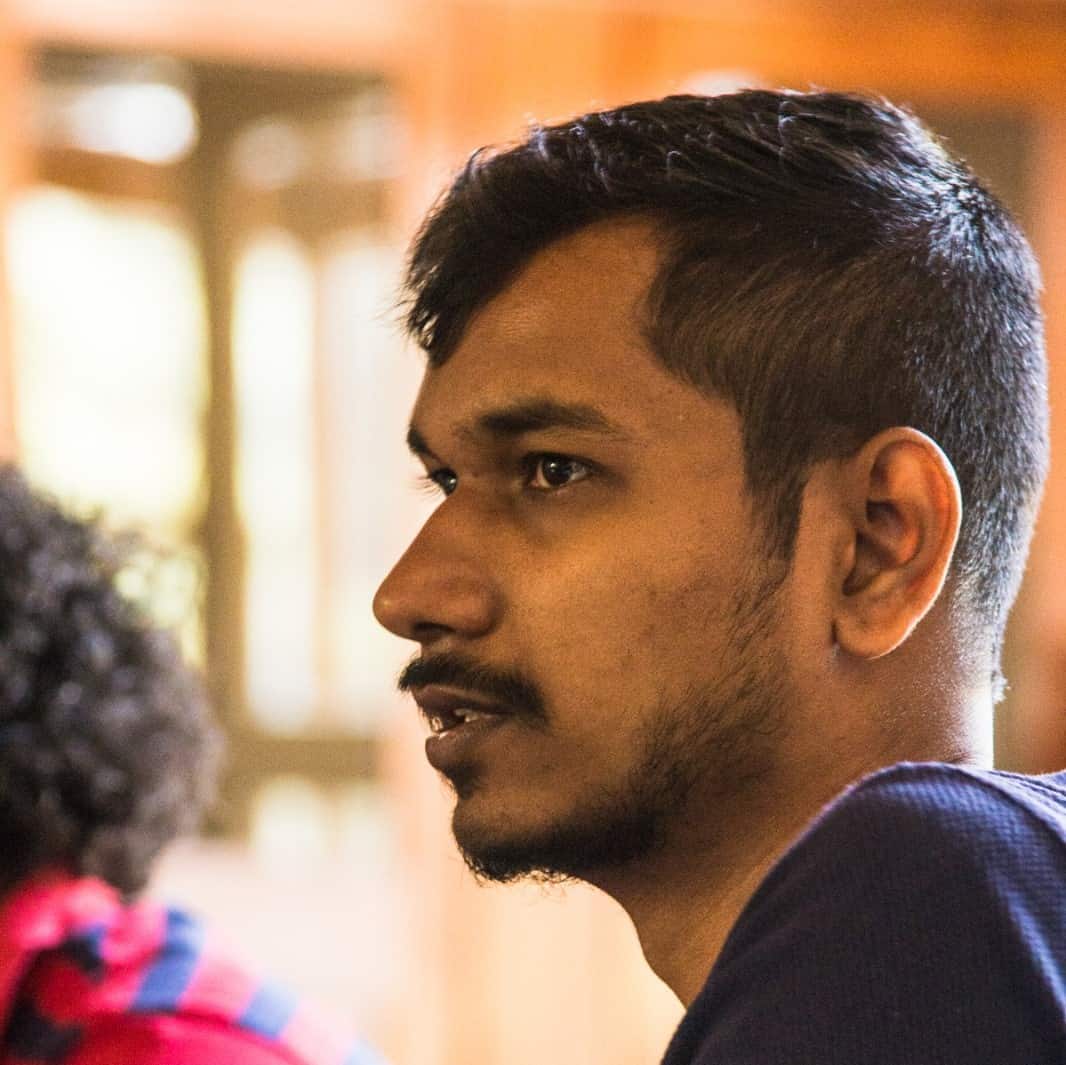
Anand Salve
Pune, Maharashtra
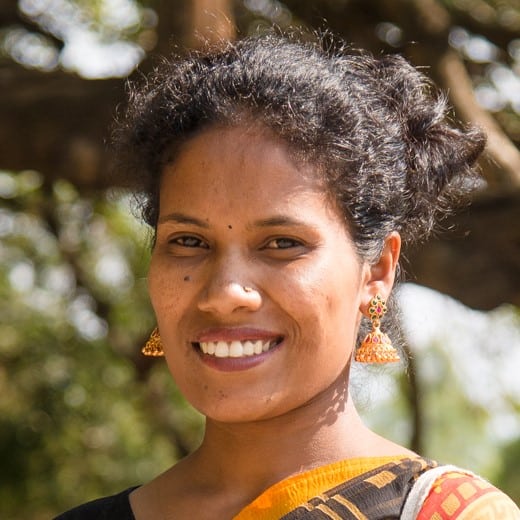
Asha M.
Mysore, Karnataka
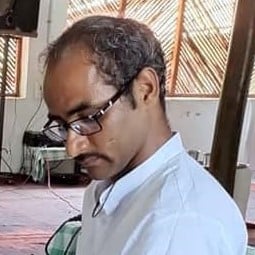
Chaturbhuj Ahir
Kota, Rajasthan
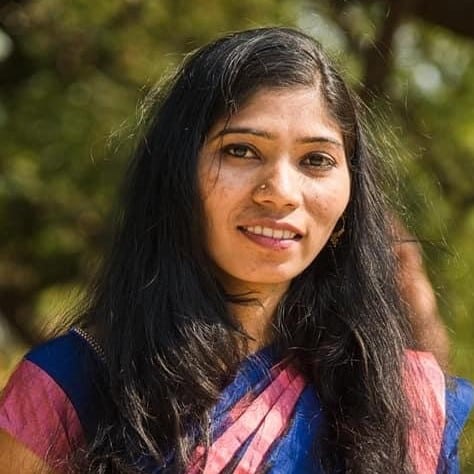
Dilshad Sutar
Belagavi, Karnataka
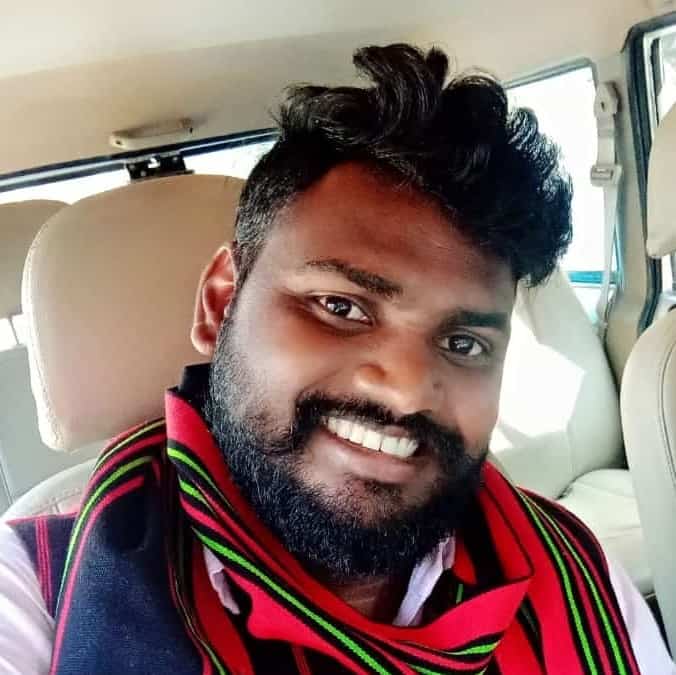
Fakir Harijan
Belagavi, Karnataka
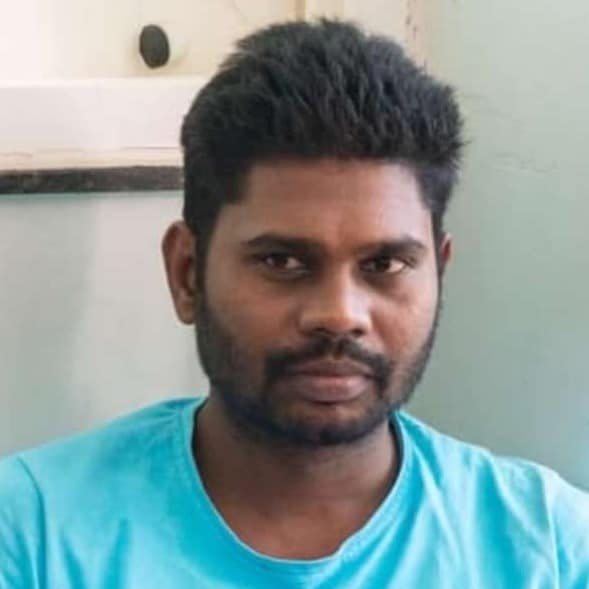
Jitesh Minj
Gumla, Jharkhand
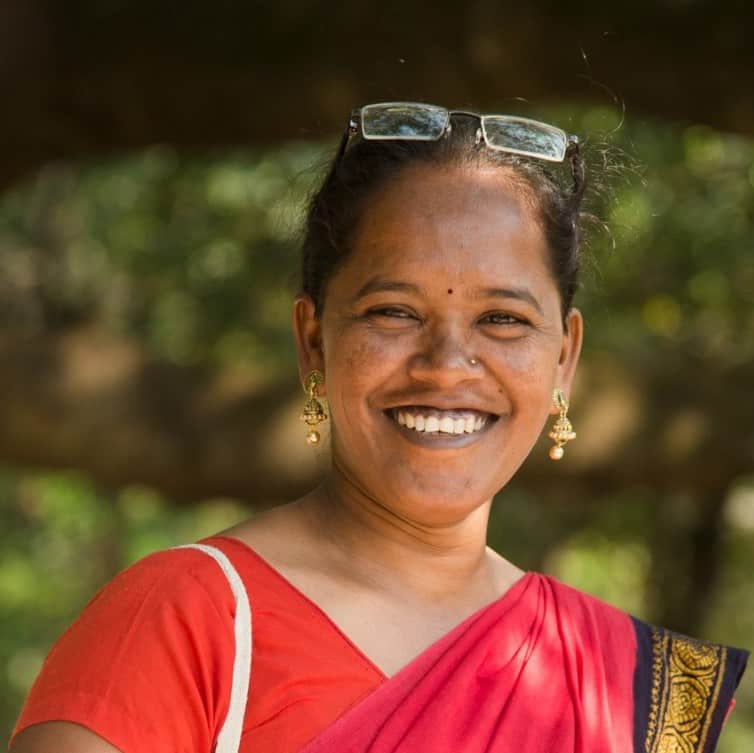
Lalita Bethekar
Amravati, Maharashtra
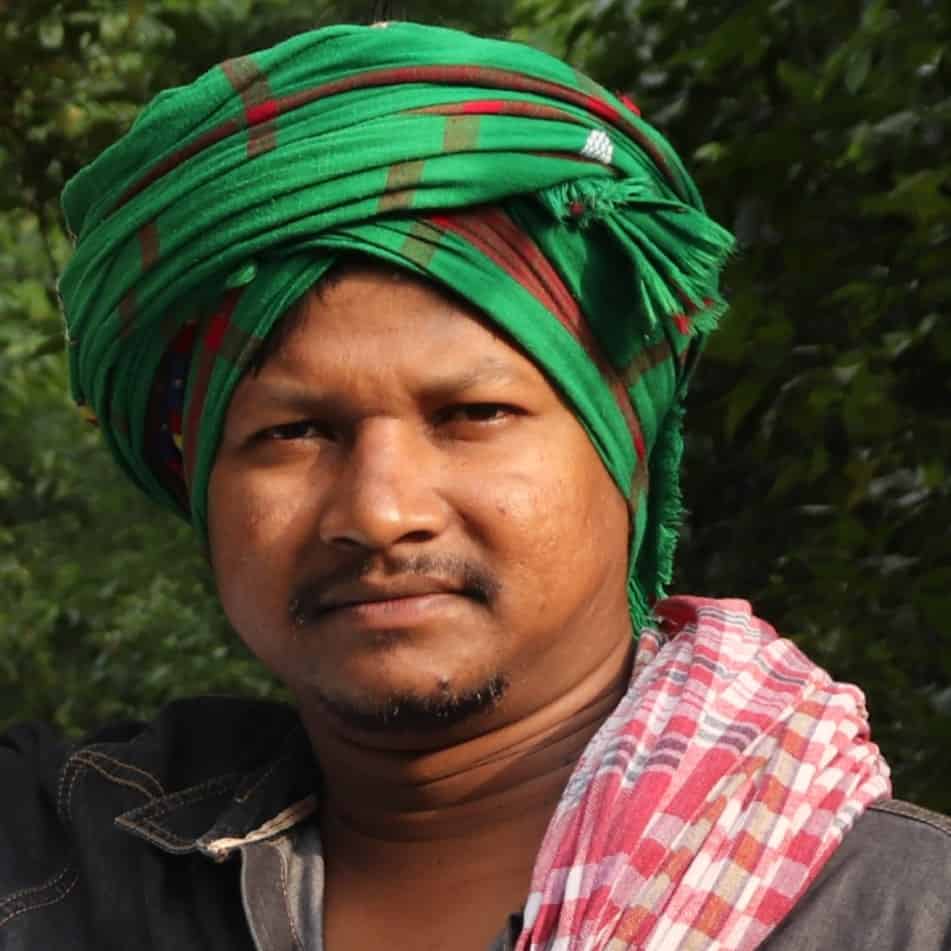
Manoj Soy
Seraikela, Jharkhand
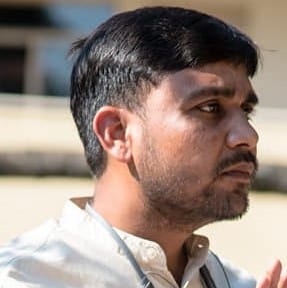
Mohan Dixit
Vidisha, Madhya Pradesh
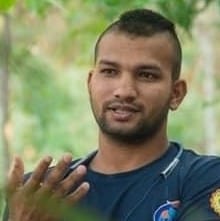
M. K. Saheb
Koppal, Karnataka
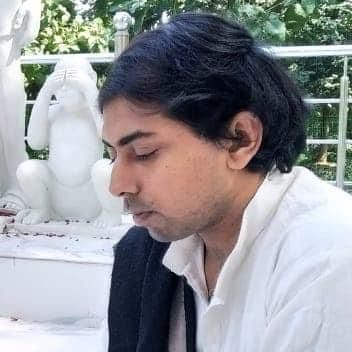
Nevish Deepak
Gorakhpur, Uttar Pradesh
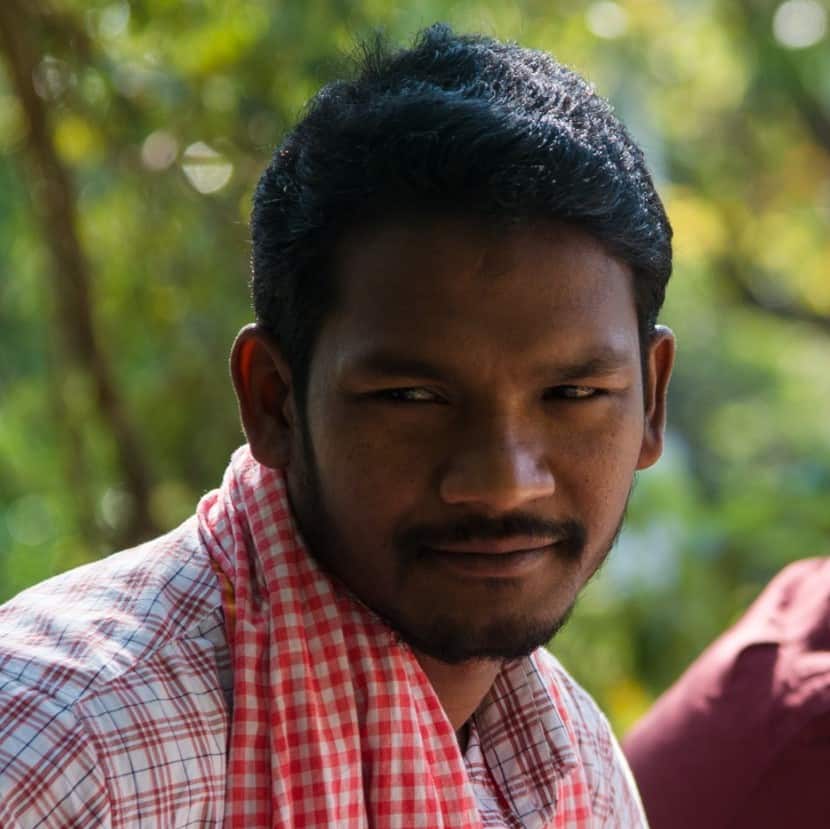
Niranjan Dharua
Kalahandi, Odisha
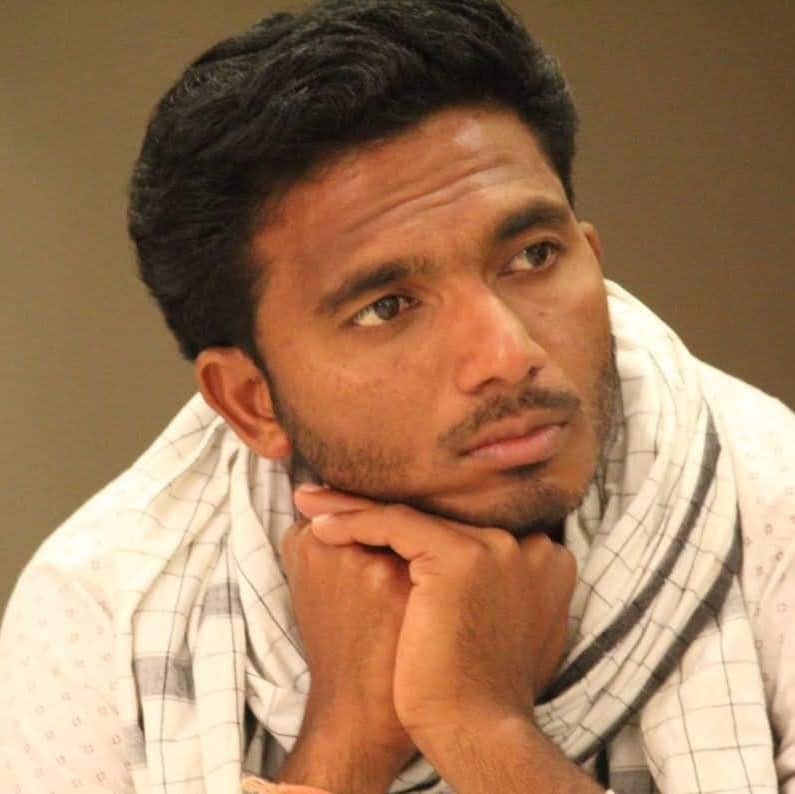
Rajesh Kalam
Harda, Madhya Pradesh
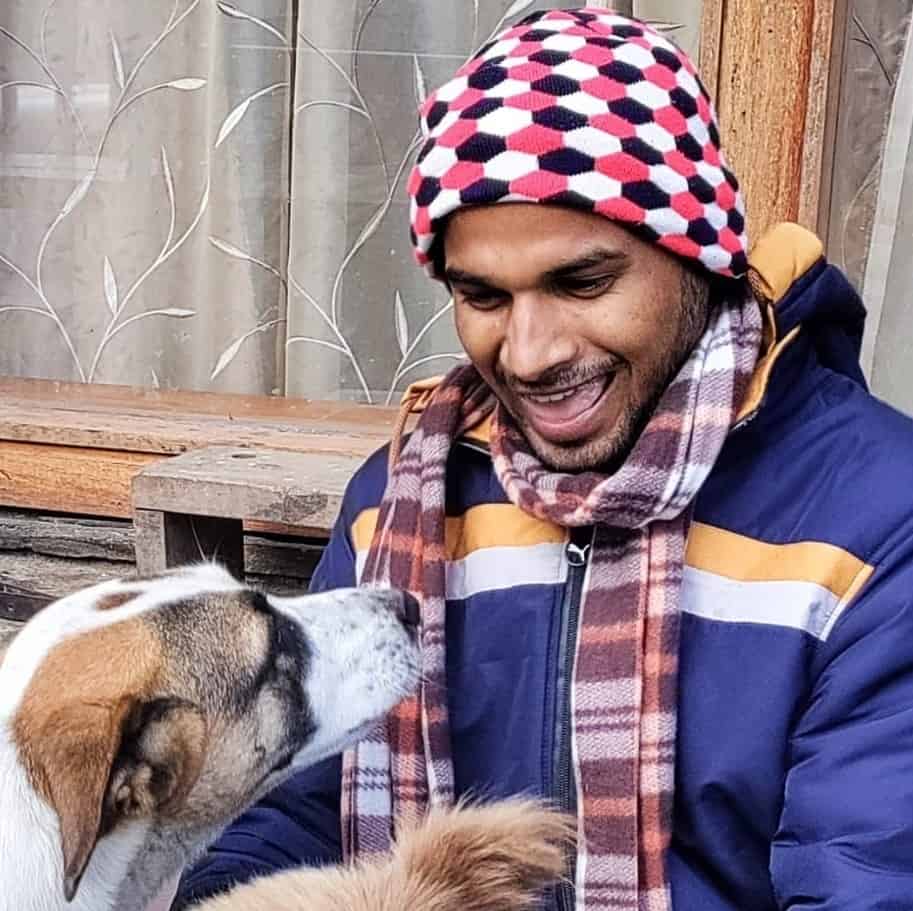
Rajesh Kumar
Ranchi, Jharkhand
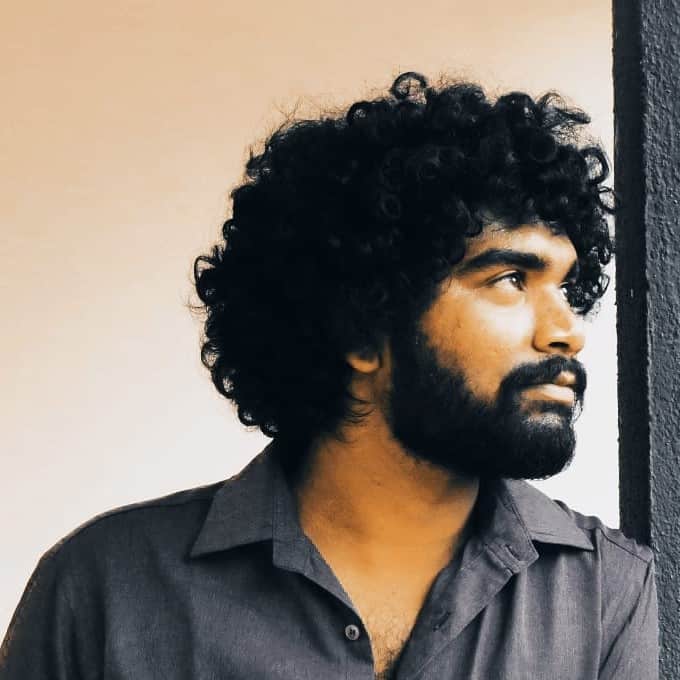
Rohit Jagtap
Akola, Maharashtra
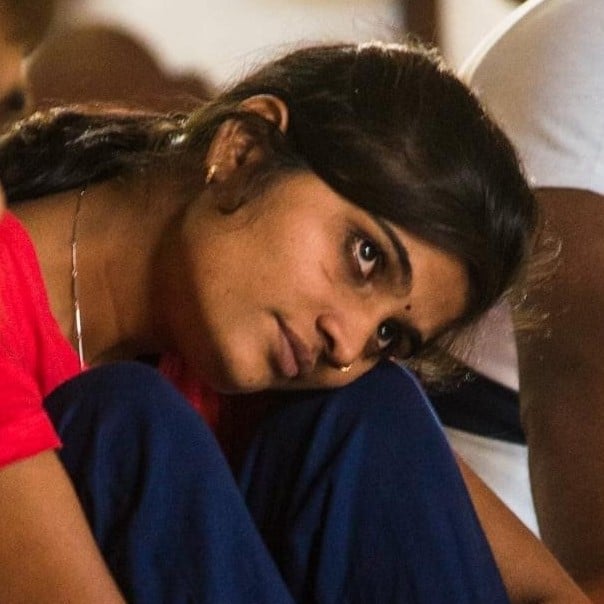
Sanjo Kurmi
Sagar, Madhya Pradesh
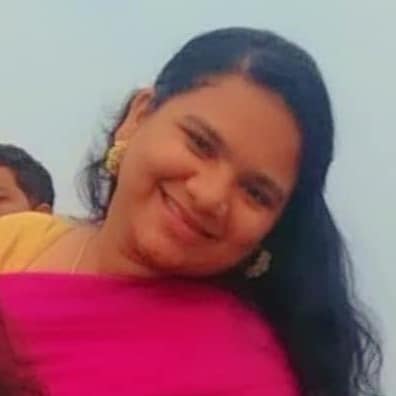
Sejal Rathwa
Chhotaudepur, Gujarat
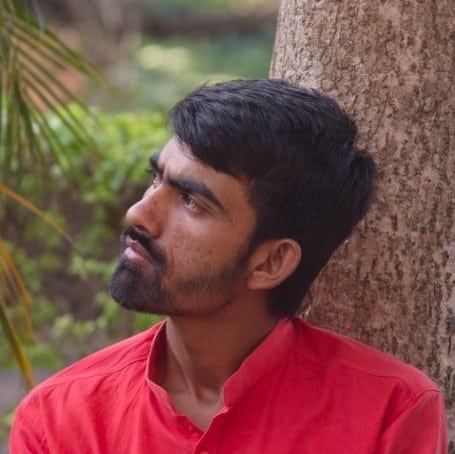
Vikram Vajir
Palanpur, Gujarat

Abdul Khalif

Abdul Khalif
Growing up in a relatively well-to-do, but stupendously large joint family in Mangalore with over 300 members, Abdul’s childhood was both a great playground and a place where you could get lost and no one may come looking for you in a while. Then his parents moved out with him and he was one of two children in a nuclear family. The extremes both shaped and affected him — he showed signs of attention-deficit, hyperactivity disorder. He took refuge in painting, cooking and craft.
He completed his graduation, and eight diplomas in various subjects, all the while interning with rights-based groups.
His mammoth family, in its long and complicated history, is both Hindu and Muslim. So, it deeply affected him to see the steep rise in communal violence in Mangalore. He trained as a youth mentor and counsellor to serve in the two warring communities — the Byaris and the Billavas. Restoring peaceful relations between the two, with the help of youth mobilisations, has become his life’s mission.
Anand Salve
Anand Salve
Anand Salve is an architect by profession. As someone who has faced intense caste discrimination, he is certain that the solution lies in building awareness both among the ‘oppressor’ and the ‘oppressed’, with compassion.
He was born in a small village in Malshiras, Maharashtra, but has witnessed many different homes. He does not belong to a single place but, instead, is a blend of people and places.
He did a vocational course in electronics at Garware College, Pune and a Bachelor’s degree in architecture from NIT Nagpur. He worked at an interior design company in Pune for a while. Then he moved to Mumbai to work with a California-based architecture firm.
Places changed, people changed, but the suffering remained. A strong inner calling towards a higher purpose encouraged him to quit his job and work to end caste discrimination.
Anand uses writing and composing music to express inner psychological struggles and also as a mirror to reflect upon himself.
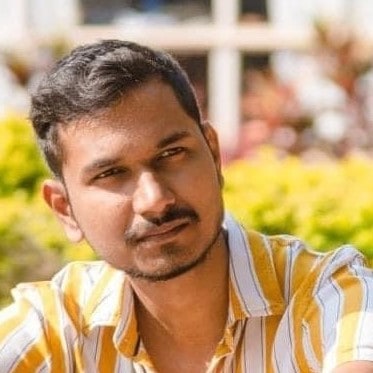
Asha M.
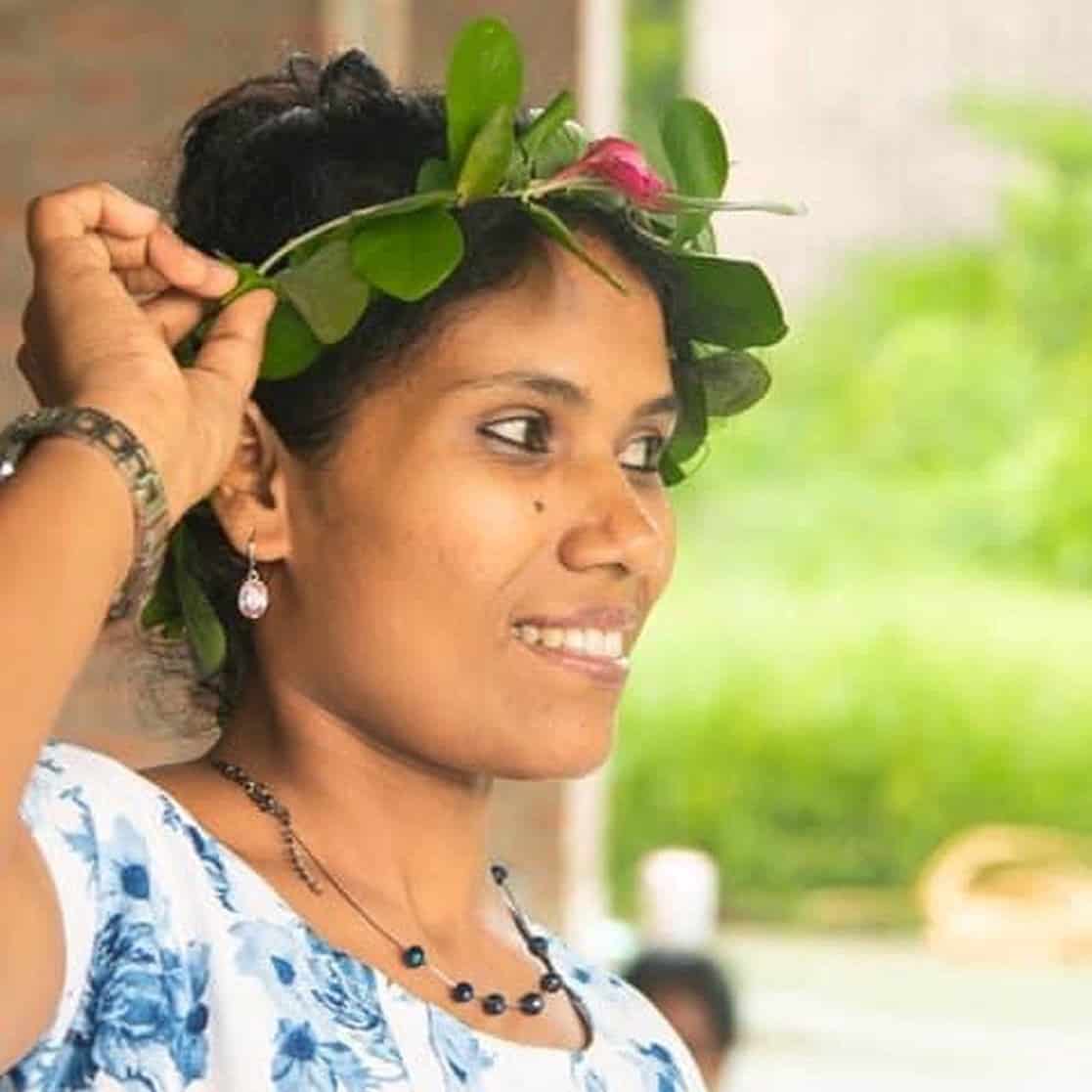
Asha M.
A Badaga Yerava tribal, Asha grew up in a big household in a small hamlet in Mysore district. Despite financial tribulations, abandonment by her father, and social ostracisation by the community that resisted higher education for girls, Asha and her siblings finished college because of her mother’s determination. Consequently, she emerged as the first post-graduate in her entire community.
She became a Researcher at the Tribal Research Institute Study Centre, an independent arm of the Karnataka Government, to work with forest tribes and Particularly Vulnerable Tribal Groups (PVTG). Until then, no research worker had stayed in their assigned villages for even a few days. She lived in the study areas for nine months and gathered accurate data, an approach that created a benchmark for her peers.
Today, Asha is the co-founder of the Forest Tribe Student Youths Association that works with dropout students in eight tribal districts — counselling them, and providing them information and academic assistance for higher degrees and diplomas. She also has taken up activism against the corruption in tribal development programmes.
Chaturbhuj Ahir
Chaturbhuj Ahir
From a small village in Kota district of Rajasthan, Chaturbhuj feels that adversities shaped his life. He graduated from college by working in a part-time job. Disturbed by the dismal quality of primary education in his village, he started a school with merely ₹200, providing an opportunity for education for a token fee of ₹100 per month. The school was performing well, it was two months into his marriage, the world seemed a hopeful place, when he was struck with paralysis.
Tied to the bed for over a year, he understood that life as he knew it had changed forever. Gritting his teeth, he embraced his disability and got back to work, this time to start an Industrial Training Institute for the local youth. He joined the Youth Congress party and was elected president of the Ramganjmandi Youth Congress unit.
He is the state secretary of the Rajiv Gandhi Panchayati Raj Sanghatan, and works with youth to build capacity for a truly decentralised and participatory governance.
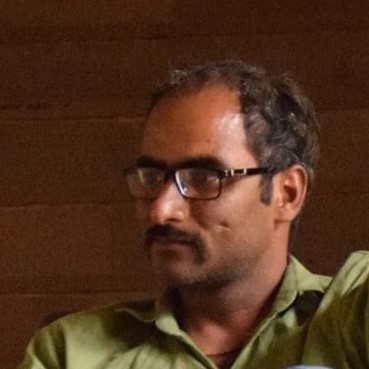
Dilshad Sutar
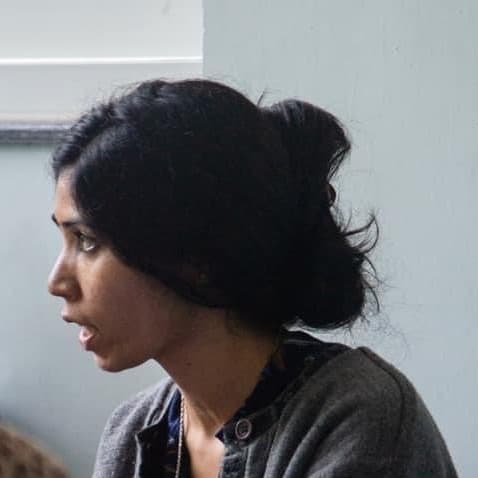
Dilshad Sutar
Born to farmer parents in a large family, Dilshad had to start working while she was in her late teens. In fact, she put herself through high school and college while working part-time with an NGO, Jagruti, surveying school dropouts and urging them to return to school. During those five years, she closely understood the gaps in the education system. Gradually, her dream mission was shaped — that one day she will work to transform every dysfunctional school in the state of Karnataka.
During graduation, she was given more responsibilities to work in the community, from facilitating basic documentation for Below Poverty Line families for food security, connecting disabled youth with livelihood options, surveying gaps in maternal and neonatal health sector to building awareness against child marriage and voting rights.
She creates impactful campaigns on child rights, organic farming, alcoholism and violence against women.
Fakkir Harijan
Fakkir Harijan
From a poor Dalit family, Fakkir lost both legs to polio while he was in school. The carefree child changed — he turned inward, and became almost house-bound.
After several years, while participating in an outreach programme by the NGO Jagruti, life turned around. He began to work for the poor and landless — on issues of farming, livelihoods and education — with a focus on Persons With Disabilities, women and students, especially from Dalit communities. He valiantly fought to access a government scheme that was supposed to provide customised motorcycles to disabled youth, but didn’t. He was able to help ensure the benefits reached many students so that they didn’t have to rely on anyone for transport.
Meanwhile, he also emerged as the first college graduate in his community, and was appointed as the lead disability activist by Jagruti.
Fakkir works for the social and political assertion of the marginalised, but not just this. He believes that as a leader, he must reach out equitably to everyone, irrespective of caste and class.
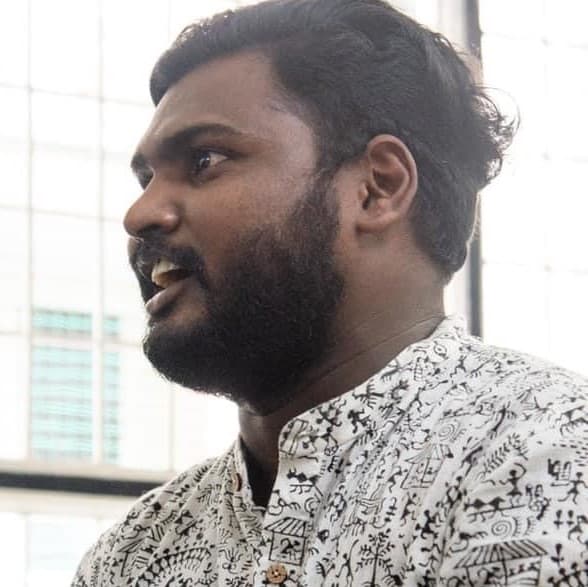
Jitesh Minj

Jitesh Minj
Jitesh’s dream is to create an awakened citizenry that demands and ensures better governance. Despite being born into a poor indigenous family in Gumla district of Jharkhand, he pursued his education till graduation.
Growing up, he saw his parents help and counsel people in need as best as they could. This provided Jitesh the opportunity to get up close to the people and the issues they faced. Slowly, Jitesh grew into the role of an indigenous rights activist.
He has worked with the Adivasi Sarna Navyuvak Sangh on revitalisation of indigenous language and culture. But he decided to focus on the systemic gaps in our administrative structures that rob citizens of basic rights. Alongwith like-minded activists, he established Mission Badlav. For the past four years, this team has been working as a very successful pressure group for developmental justice. Its work, during the peak of the pandemic — providing food and essential supplies, access to medical care, and even running hearse services for the poorest of the poor — has been very impactful.
Lalita Bethekar
Lalita Bethekar
Lalita is the elected deputy head of a village council in Melghat, Maharashtra. Battling utter penury, she worked many odd jobs to put herself through school and college, supporting her family at the same time. Once she started working in an NGO, Khoj, her interest in the bigger socio-political picture firmed up, and she sought political office as a means for change.
Melghat is a reserved forest area. While her Korku tribe has lived in and around these forests for centuries, theirs is a constant battle against displacement threats from developmental projects. Lalita’s leadership upholds the legal forest rights of her community, rejecting unsustainable development.
Her other focus is the acute malnutrition that has led to the deaths of thousands of children in the last two decades. She works to ensure that assigned nutritional supplies reach the village, teachers are present in schools, health services are responsive, alcohol shops are shut, moneylenders don’t hold sway, and MNREGA dues are paid on time.
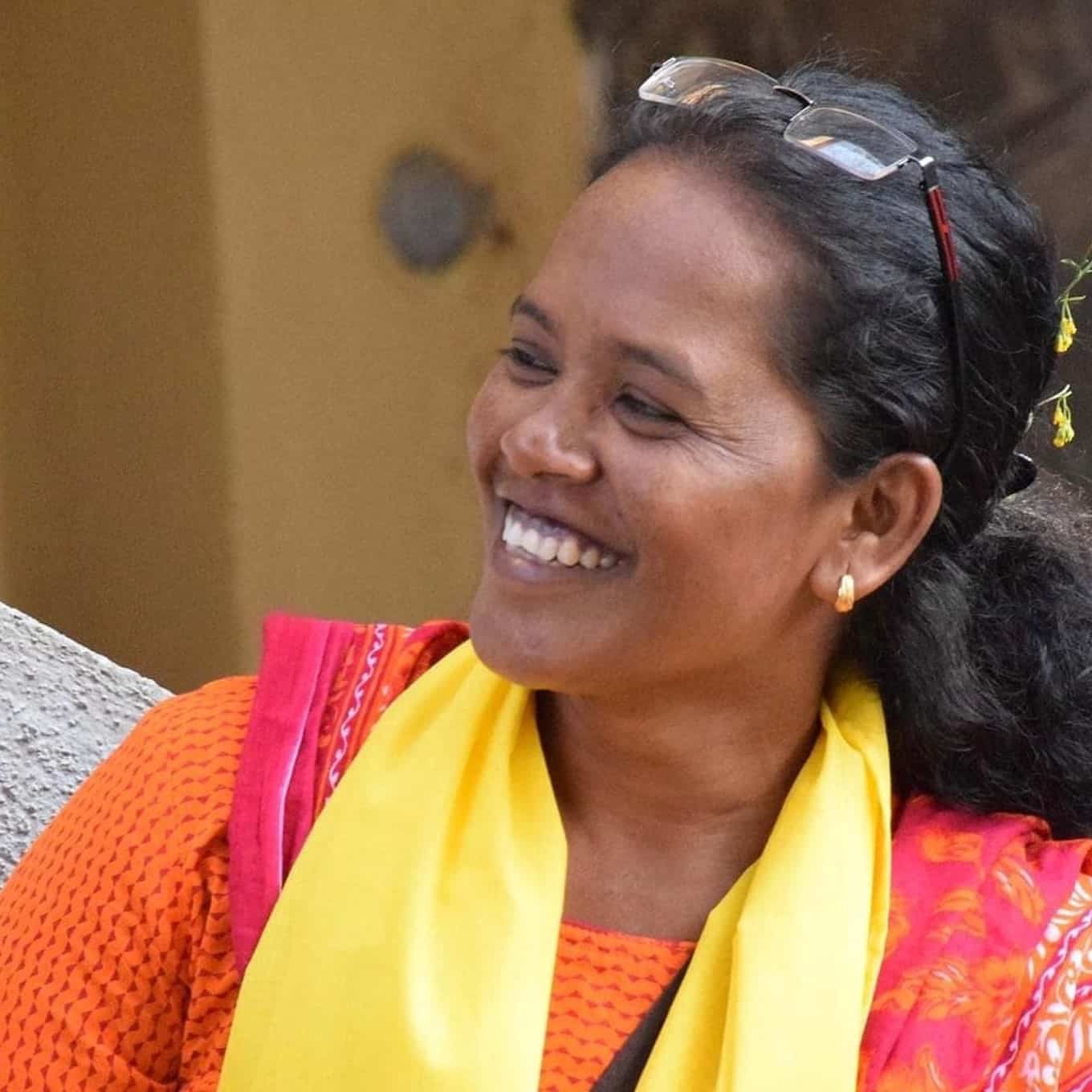
Manoj Soy
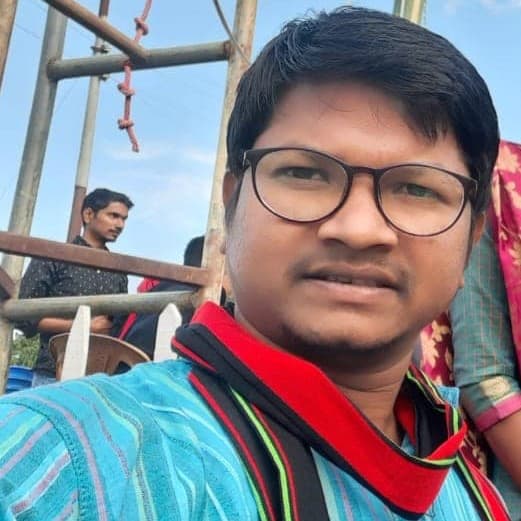
Manoj Soy
The eldest son in a large indigenous family in Seraikela-Kharsawan district of Jharkhand, Manoj faced the blunt force of poverty at an early age. He was ten when he was sent away to work as a servant in an upper-class household. He worked to his bones in very disrespectful conditions, longing for education, longing for freedom, receiving neither.
After ten years of tolerating all this, he finally quit. He continued to work as a porter, a labourer, and even a factory worker — but a switch had flipped and he was looking at the world in a brave, new way. He began to educate himself and reach out as a youth leader, to people in distress.
Looking at his skills and enthusiasm, the Ho Mahasabha — the apex socio-cultural body of his Ho tribe — approached Manoj to join. At around the same time, he was selected for an extensive exposure by the Bharat Rural Livelihoods Mission. Today, Manoj has emerged as a dependable community leader, working for equitable development, better livelihoods, socio-cultural assertion, and a stronger political voice for his tribe.
Mohan Dixit
Mohan Dixit
As a criminal lawyer at the Bhopal High Court, Mohan questions the ethics of the legal profession itself, and focuses on law as a tool to counter discrimination.
Born in Vidisha, Madhya Pradesh, Mohan considers his schooling at Navodaya Vidyalaya as his second life — one where he developed the aptitude to think about and understand issues related to the country and society at large. ”To believe in something, and to not live it, is dishonest”: these words by Mahatma Gandhi are his guiding light.
Apart from serving as a legal adviser at the National Human Rights and Crime Control Bureau, Mohan is focusing on caste justice cases, public interest litigations, writ petitions and on free legal aid as well as rehabilitation for petty criminals.
His work in rural India has made him realise that to counter the anti-poor, dishonest and divisive political atmosphere all around, it is incumbent upon honest leaders to join politics.
.
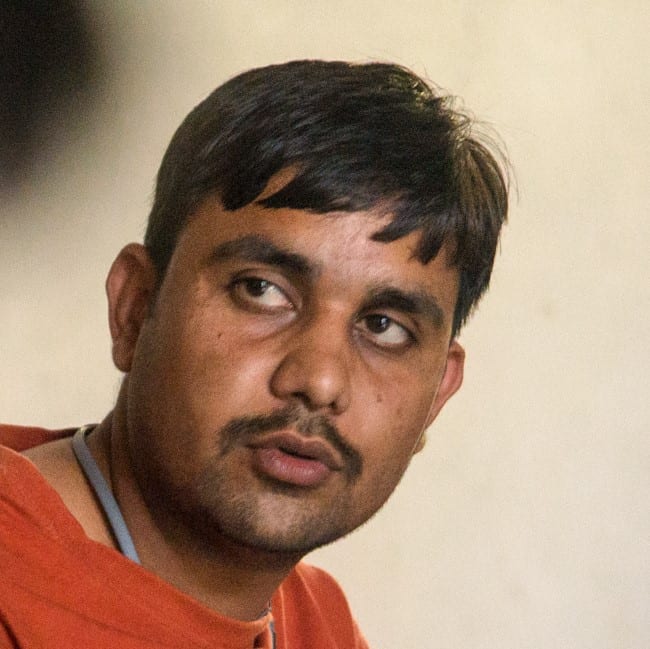
M.K.Saheb
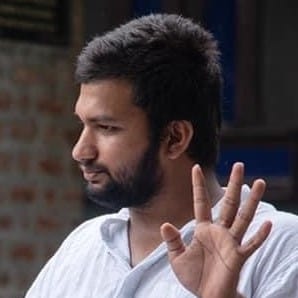
M.K.Saheb
A rights activist, M. K. Saheb has a masters degree in Political Science and is pursuing post-graduation in History.
He has successfully fought for public transportation facilities for his community so that they can access healthcare in big hospitals and students can travel with ease to their colleges.
He once heard a talk by writer, artist and poet Poornachandra Tejasvi, who said that freedom to live as we wish is always the result of a terrible struggle, never achieved easily. That talk shaped M. K.’s vision. He works to widen the space for constitutionally acceptable protests. He wants to be an ethical leader — of peaceful positive disruptions.
In his free time, he provides free coaching to the village children and runs a mini library. He is also part of a student union.
Nevish Deepak
Nevish Deepak
Despite being a topper in engineering college, Nevish felt a keen lack of faith in mainstream education. They also struggled with their assigned gender identity. Thus began the journey into what moves them the most — social justice for sexual minorities. Moving to India’s capital, they embarked on their journey to become Nevish, as a tribute to the universal force that has created all beings equal.
Their internal struggle related to identity led them to volunteer for social media-based advocacy groups for LGBTQIA+. They founded their own organisation, We EmbrAce Trust, which works on Human and Animal Rights through an intersectional lens of feminism. They co-founded another organisation, EK Raah Trust, which provides education and counselling support to children who live in slums on the banks of the river Yamuna. They have also worked in HIV/AIDS counselling and served a stint as a certified sexual health counsellor.
They are entering the political space to create a sustained crusade at the policy level to bring equity for non-binary persons in the space of education, livelihoods and politics.
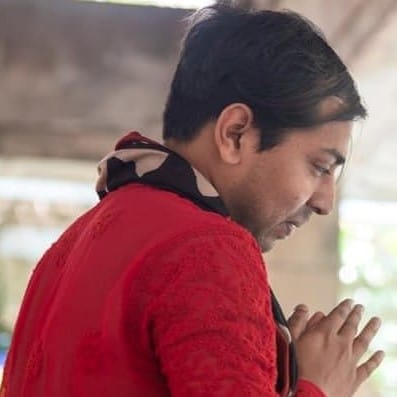
Niranjan Dharua
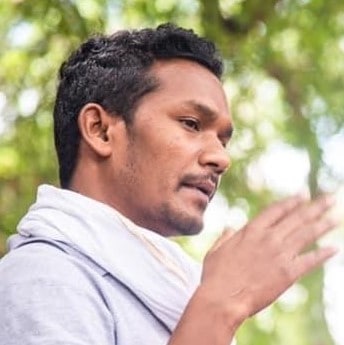
Niranjan Dharua
Niranjan is from a large farming family, from a small village in Odisha’s Kalahandi district. He was the first in his village to pass 10th class. He pursued further studies at the nearest college 10-12 kilometres away, after working to buy a cycle for commuting.
He underwent training as part of the Deen Dayal Upadhyaya Grameen Kaushalya Yojana (DDU-GKY) from the Ministry of Rural Development. After experiencing mismanagement and corruption at various private and government jobs, he was still looking for a platform to pursue his dream – of becoming a good political leader.
He got into the Certificate Programme in Rural Livelihoods (CPRL) from Bharat Rural Livelihoods Foundation, travelling to seven states and understanding issues of various communities. He has also worked in 20 villages in the tribal areas of Mandla district in Madhya Pradesh.
Niranjan wishes to enter politics to impact governance, while working with the people. So that the voices of India’s remote, undeveloped villages are heard.
Rajesh Kalam
Rajesh Kalam
A Korku tribal from Madhya Pradesh’s Harda district, Rajesh has experienced the burden of poverty and marginalisation since childhood. After completing school, he trained and worked as an electrician. For a living, he also worked on other peoples’ farms for four years and at construction sites.
But his dreams were vastly different. So, in 2019, he joined Synergy Sansthan as a youth community development facilitator. In the course of his work, he began to understand in earnest the issues that impact his community — economic discrimination, child labour, land rights’ issues, high levels of school dropouts and forced migration. He realised that these problems are also outcomes of people battling identity and esteem issues, unable to ask for their due. Be it with regard to government schemes, legal justice, or for a functional education system.
Along with his peers, Rajesh is in the process of establishing an organisation that will build capacity for local leadership, anchored to the indigenous values of sustainability and oneness with the environment.
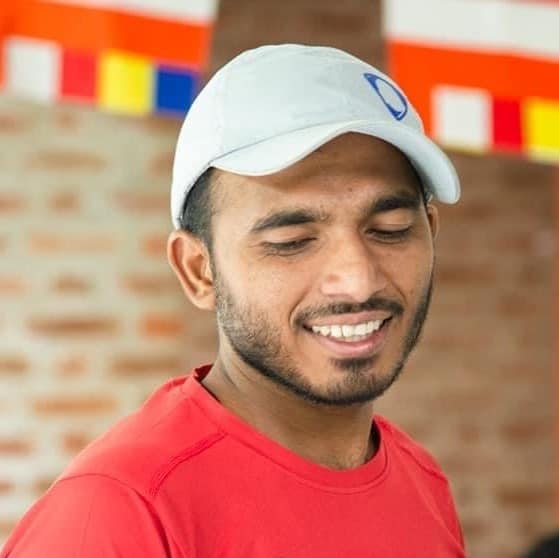
Rajesh Kumar
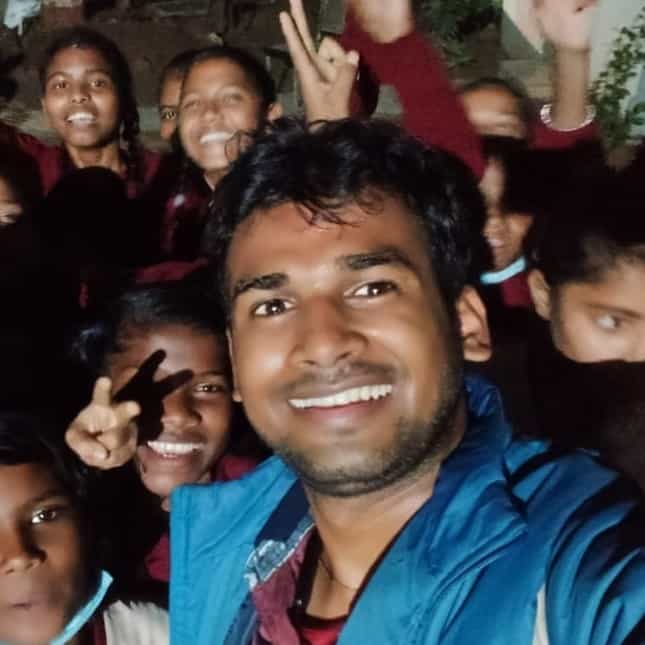
Rajesh Kumar
He was born in Nalanda, Bihar, and in his childhood, moved to Ranchi, Jharkhand. Rajesh was the first person in his family to complete schooling. He self-financed his education up to post-graduation, by selling newspapers for 12 years. During that time, he also created the Morabadi Hawkers Association to fight for the rights of newspaper vendors.
His academic interests took him into teaching, and he became a political science lecturer in a private university. His belief that education must be an inalienable right also connected him with many NGOs working in the space of schooling for children from under-resourced communities.
He joined the Lokpal Movement, aimed to alleviate corruption in the government, in 2012-13 and became part of the Aam Aadmi Party. During his six years there, he worked with the district team, student and youth units and served as the party’s Jharkhand media convenor and spokesperson for three years.
He seeks to be in political office to create a pivotal space for universal education.
Rohit Jagtap
Rohit Jagtap
As an Ambedkarite and the district spokesperson for the Gramin Yuva Sangathana, Rohit fights against caste-based injustice. He seeks political space as a means for social reform.
He is currently pursuing a Bachelor of Arts degree in Political Science, after having worked at a cybercafé and in the marketing division of a software sales service company for two years each. He is a volunteer at Initiatives of Change, and also the Maharashtra coordinator of Happiness Volunteer India.
His community lives just outside of the municipal limits of the town, in Akola district, Maharashtra. On the other side are railway tracks and forests. In this ‘no-man’s land’ the prevalence of caste-based injustice, dropping out of school and alcohol addiction is very common. These are the issues that Rohit and his youth associates have begun to work with.
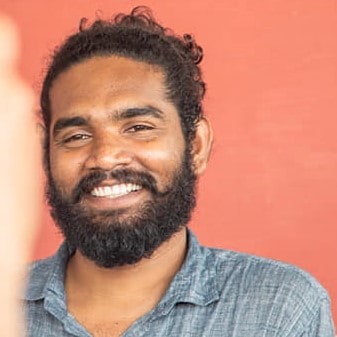
Sanjo Kurmi
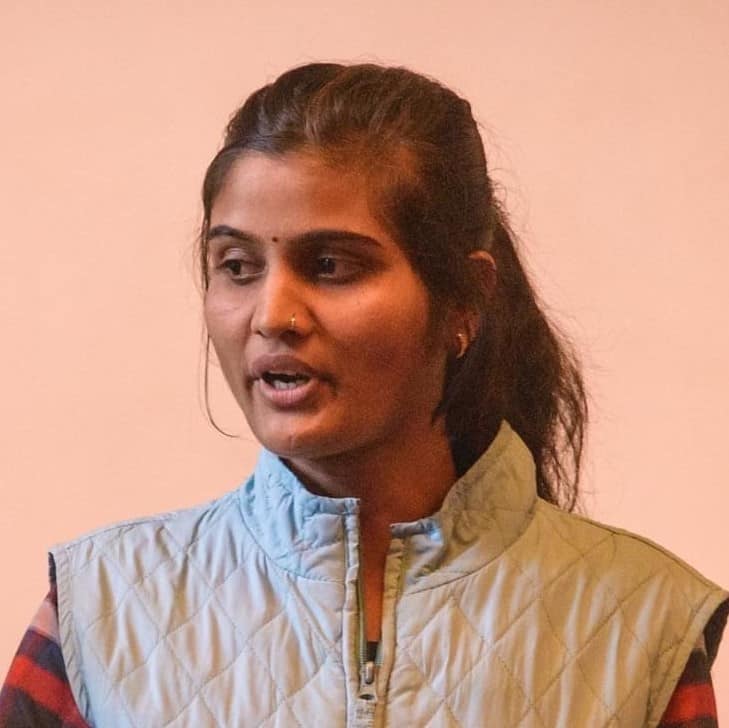
Sanjo Kurmi
Sanjo was one of seven children of a small farmer couple in Sagar district, Madhya Pradesh. She grew up battling acute economic distress and even dealt with homelessness for a brief period. As a girl child, she was unwanted by her extended family; and her desire for better education went unrecognised. Outside the home, she would witness severe exclusion meted out to her friends, caused by the illegal practice of untouchability; the scars went deep.
When there was no money for college, she found herself a job as a quality department staff member in a factory in Bhiwadi, Rajasthan in 2016. During her two years there, she supported her family and attended college classes.
Upon graduation, Sanjo joined the Samavesh Society for Development in Governance as a field officer to bolster learning outcomes in primary schools. She worked as a bridge to help dropouts, especially adolescent girls and children of migrant workers, return to school.
Sanjo aspires to be in political office to systemically strengthen caste and gender equity.
Sejal Rathwa
Sejal Rathwa
Daughter of a woman farmer and an assistant sub-inspector, Sejal is the first indigenous woman in her district to become a journalist — a broadcast reporter with VNM TV in Vadodara, Gujarat.
Before that, in 2017, she interned with the Adivasi Ekta Parishad (AEP) and participated in a camp by the Asian Indigenous Peoples Pact at the Bhasha Research and Publication Centre in Tejgarh.
After a brief stint in the newsroom, she realised that her path lay elsewhere; she wanted to use her learnings for her community, who are not just marginalised but also misrepresented in governance, development and media.
Sejal runs her own YouTube channel, Aadim Samvad, which documents tribal life with the consensus and participation of the community. She is also part of a network of tribal women in the media and social space across Gujarat, Rajasthan and Madhya Pradesh.

Vikram Vajir
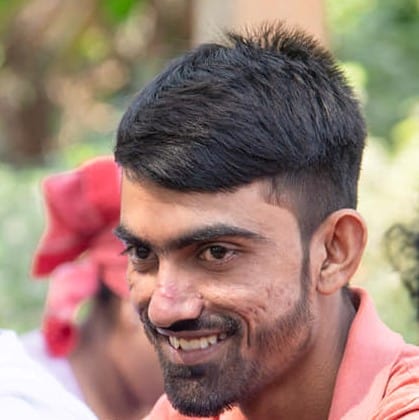
Vikram Vajir
Hailing from a remote border village in Banaskantha district of Gujarat, Vikram is a school teacher.
After completing his schooling, he moved to Palanpur for graduation in English Literature and Education. It is here that his journey to understand the country began in earnest. He took up teaching for a livelihood, not knowing that it would become a love. He also worked alongside legislator Jignesh Mewani on rural livelihood improvement.
Vikram has extensively campaigned for students’ issues, building awareness and conducting hyper-local outreaches for those who are unable to speak up due to language constraints. He is planning to create a platform where youth can come together and have dialogues on various issues affecting society. And where they can consciously respond to political happenings, on the basis of constitutional values.
Having witnessed how mismanagement of national-level examinations affects the lives of youth, he is working to bring transparency in government entrance exam systems. He has also started a few study circles, including one at his college named ‘Humanist Youth Forum’, for students to share and learn on various topics.